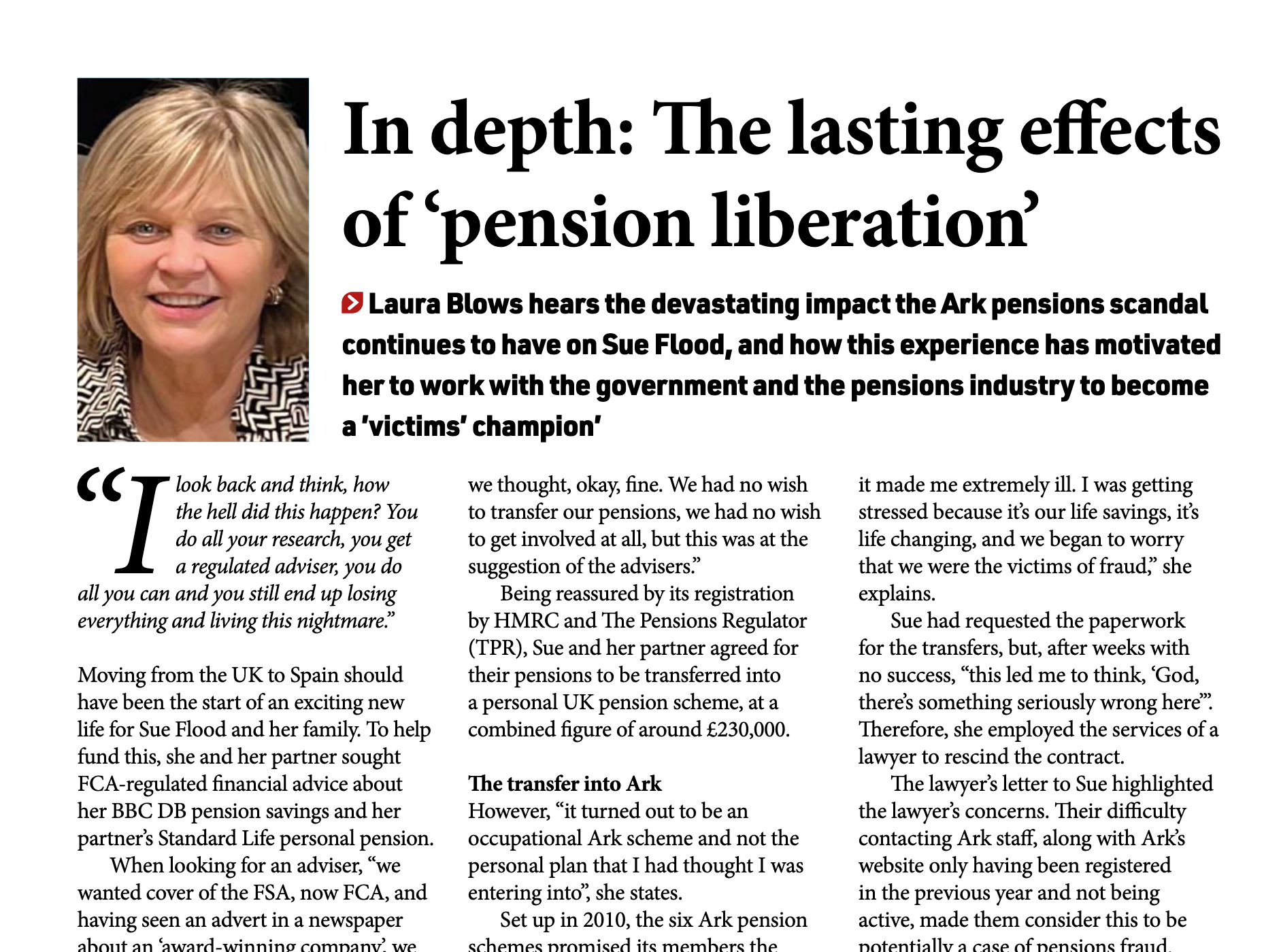New data released by Action Fraud, in partnership with the Pension Scams Action Group (PSAG), reveals an alarming rise in pension fraud across the UK. In 2024 alone, £17,567,249 was reported lost to pension-related scams — that’s an average of £48,129 per day, with each victim losing around £33,848. These are not just numbers. They represent the hard-earned savings of people approaching or entering retirement — and the consequences are deeply personal.
How Pension Fraud is Being Carried Out
Fraudsters are becoming more organised, targeted, and convincing. Two core methods stand out in current scams:
1. Investment Fraud Pressure Tactics
Scammers pressure individuals into transferring or investing their pension pots quickly.
Common signs include:
- Promises of high or guaranteed returns
- Claims of limited-time opportunities
- Urgency to act “before it's too late”
- Dismissal of risk or complexity
These schemes are designed to disarm savers, override critical thinking, and push through illegitimate transfers before they can be questioned.
2. Account Takeovers Through Impersonation
In more technical scams, fraudsters impersonate savers and gain control over their pension accounts. Tactics often include:
- Collecting personal details via phishing, cold calls, or data breaches
- Posing as legitimate pension providers or advisers
- Redirecting or withdrawing pension funds once access is secured
These crimes are not only financially devastating — they’re also emotionally distressing and difficult to recover from.
Why This Matters
Pension fraud is more than a financial issue — it is a national security and well-being concern.
Financial and emotional harm
These crimes affect victims' long-term financial security and mental health, leading to stress, anxiety, and even breakdowns in later life planning.
The scale of the problem
Over 500 reports were filed in 2024, with nearly £18 million in confirmed losses. Fraudsters are increasingly sophisticated and persistent.
Vulnerability of targets
Many victims are older, nearing retirement, or managing lump sums for the first time. This makes them prime targets — especially if they lack digital literacy or experience with investment products.
What Individuals Can Do to Protect Themselves
PSAG and Action Fraud recommend the following steps for anyone managing their pension savings:
- Secure your pension account
Use strong, unique passwords and enable two-step verification (2SV) on your online accounts.
- Be wary of unsolicited contact
If someone contacts you unexpectedly about your pension — especially offering a “review” or “investment opportunity” — hang up and report it.
- Spot pressure tactics
High returns, urgent decisions, or limited-time deals are all red flags. Reputable advisers never rush you.
- Stop. Think. Check.
Before making any changes to your pension, take the time to:
- Consult someone you trust
- Verify financial advisers via the FCA Register
- Get second opinions from regulated professionals
The Role of the Investment Fraud Committee
These figures underscore the critical role of the Investment Fraud Committee in tackling this growing crisis. Our priorities include:
- Raising public awareness through targeted campaigns.
- Strengthening security standards
- Enhancing regulation
- Supporting victims
- Pushing for enforcement against scammers through coordination with law enforcement and financial regulators
- Campaigning for HMRC Policy change and fair and affordable solutions for scam victims.
Final Thoughts
Pension fraud is not a marginal issue — it’s costing ordinary savers nearly £50,000 a day, and affecting hundreds of people each year. Without urgent, coordinated action, that number will only rise.
Let’s use this data as a turning point. Together, the Investment Fraud Committee, financial services sector, law enforcement, and the public can reduce these losses — and safeguard the futures people have worked a lifetime to build.


